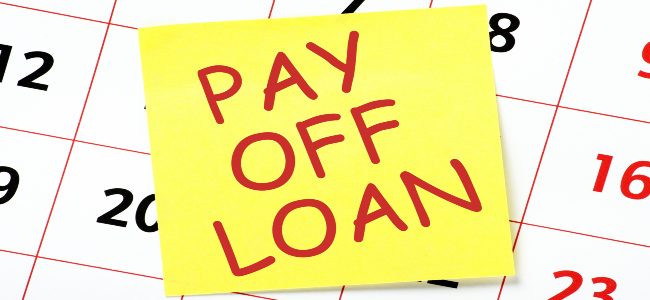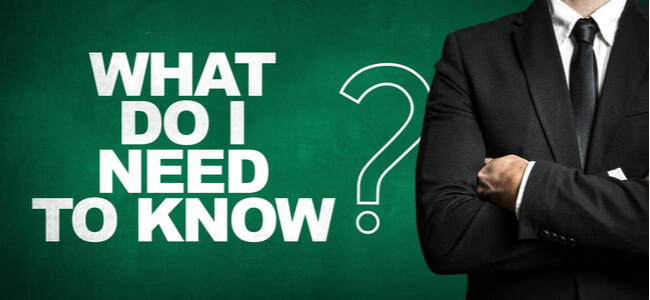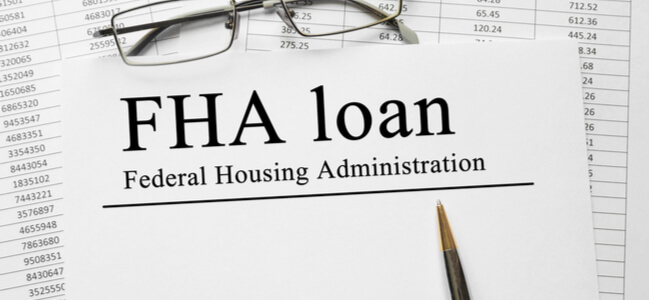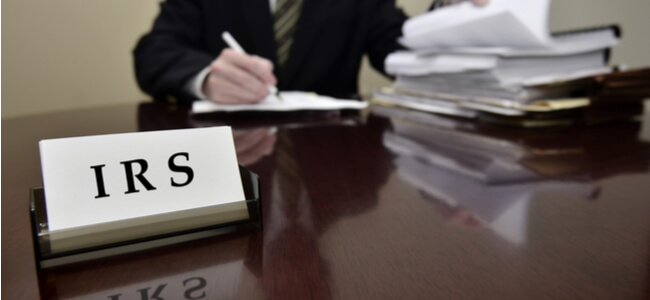Paying Off Your Loan Early: Is It A Good Idea?

Credit scores and histories are important factors that highlight an individual’s creditworthiness. Savvy borrowers are always on the hunt for ways to improve their scores and history, especially if they owe a big balance.
However, early repayment may not always be the answer. This is critical for building an understanding of why it is important to keep some loans open until the term expires.
An auto loan or home loan can help you build your credit profile if you make timely payments throughout its duration. Conversely, it makes sense to eliminate credit card debt at the earliest convenience.
Keep reading to explore the different types of debts and how they impact your credit score.
Installment Loans Vs Revolving Credit
- An installment loan is financing whereby you need to make regularly scheduled repayments over a specified period. As you repay, you meet the obligations until the loan is cleared and the account is closed.
- Eliminating installment loans like an unsecured personal loan does not affect your score significantly because the debt amount is not a major factor.
- Credit cards are a common example of revolving accounts that have a higher APR (annual percentage rate). You can borrow and repay in a never-ending cycle. Your account is not closed, even if you repay the balance entirely.
- If you keep a credit card with no balance and a higher limit, you can expect your credit score to reflect your low credit utilization.
- When you keep an installment loan to its full term and make timely payments, your credit score can improve given on time repayment indicates reliability.
- Your credit score can be affected by the number of accounts with outstanding balances. When you have multiple accounts, it can impact your credit score slightly.
- Having no accounts can also hamper your chances because there is no proof of your creditworthiness and repayment abilities.
Paying A Mortgage Off Early
Looking for ways to pay off debt fast? While repaying a mortgage loan early can have its advantages, not all mortgage loans are the same. In certain cases, you can end up losing money if you pay off your mortgage early.
Check with your lender and scour your contract to see if there are any prepayment penalties. When making extra payments, be sure to tell your lender to allocate the extra sum towards the principal amount.
If there are any penalties, it could be a certain percentage of the loan amount or a fixed number of interest payments you would have made otherwise. If these conditions exist, it may not be wise to make extra payments. Accordingly, only pay extra if there are no penalties and you comfortably afford to do so.
Paying A Car Loan Off Early
There are many ways to pay off your car loan early. The easiest way to do so is by adding a small amount to your fixed monthly payments. It will help you reduce the term and the amount of interest paid, especially for those loans carrying a high interest rate.
Ensure you tell the lender to use the extra payment for the principal amount and not interest. If you have sufficient funds, you can even make larger payments which can reduce the total interest paid over the life of the loan.
Repaying A Student Loan Early
There are no prepayment penalties if you pay off your student loan early. Your credit score will also not be affected in this scenario. Still, if you leave your student loan open and continue making timely payments, it will be helpful for your score. Lenders would see you responsibly repaying your loan and managing your finances.
If you have a grace period, you can use it to your advantage. Federal student loans usually have a grace period of six months after the completion of your education. The grace period depends on the terms set by the lender, so contact them to understand the exact repayment terms.
With unsubsidized and private loans, interest still accrues during the grace period, so it is wise to start repaying early to avoid the interest amount from being capitalized.
Conclusion
Can you pay off a loan early? The answer ultimately depends on the type of debt and lender.
While you can often repay your debts early, be sure to keep the following points in mind. Repaying debts by making steady payments is good for maintaining healthy finances and higher credit scores, but think again if you are hoping to boost your credit score.
Early repayments for some loans might do more harm than good and even invite penalties. Before deciding to repay early, be sure to consider all your options carefully and the impact on your credit.



